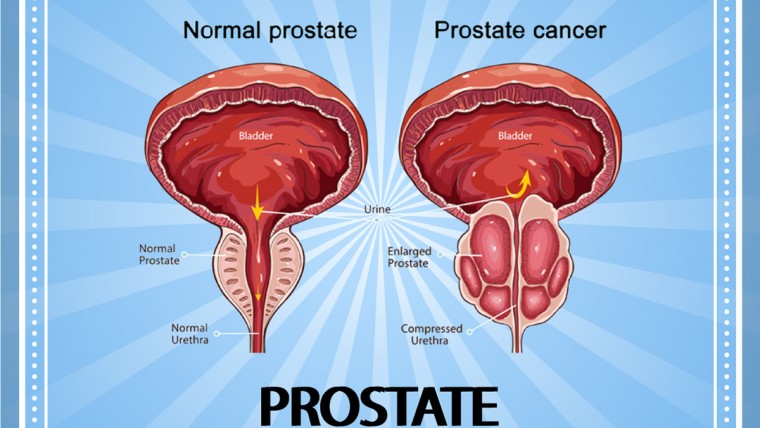Prostate cancer is one of the most common types of cancer among men, but in its early stages, it often shows no noticeable symptoms. This can make early detection challenging. However, as the disease progresses, several signs may begin to appear. Understanding these symptoms is key to early diagnosis and treatment, which can significantly improve outcomes. Here are some common…







